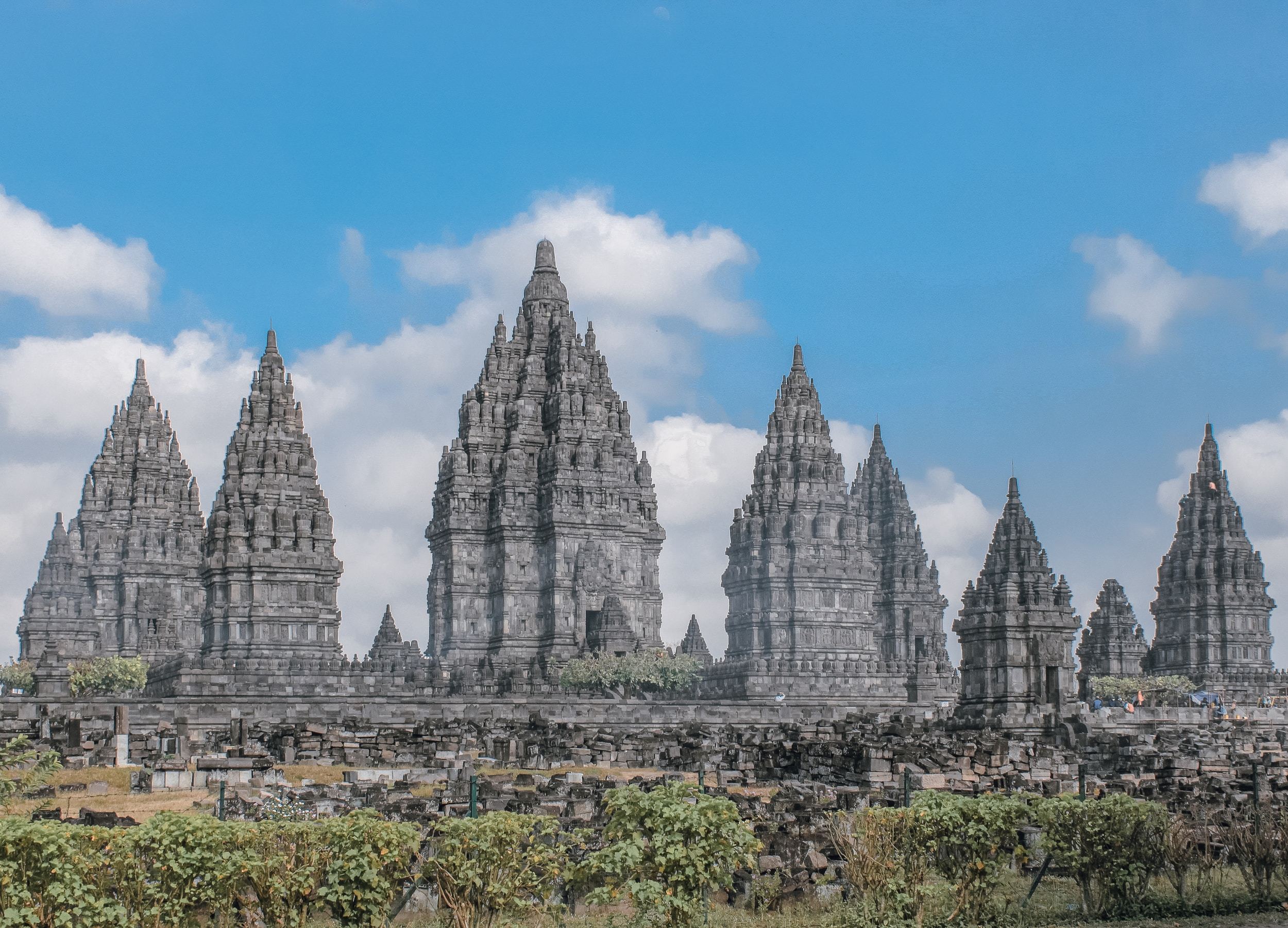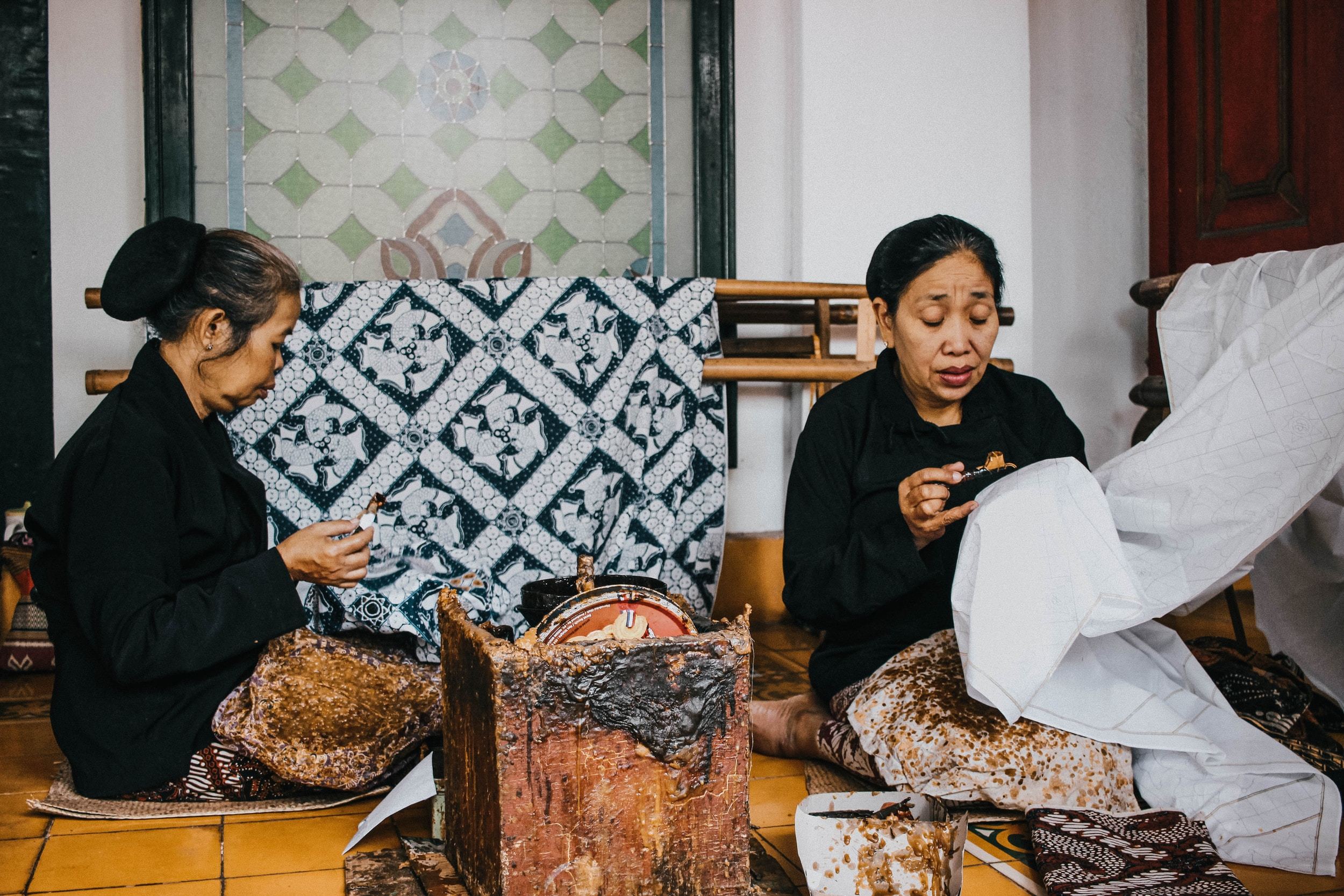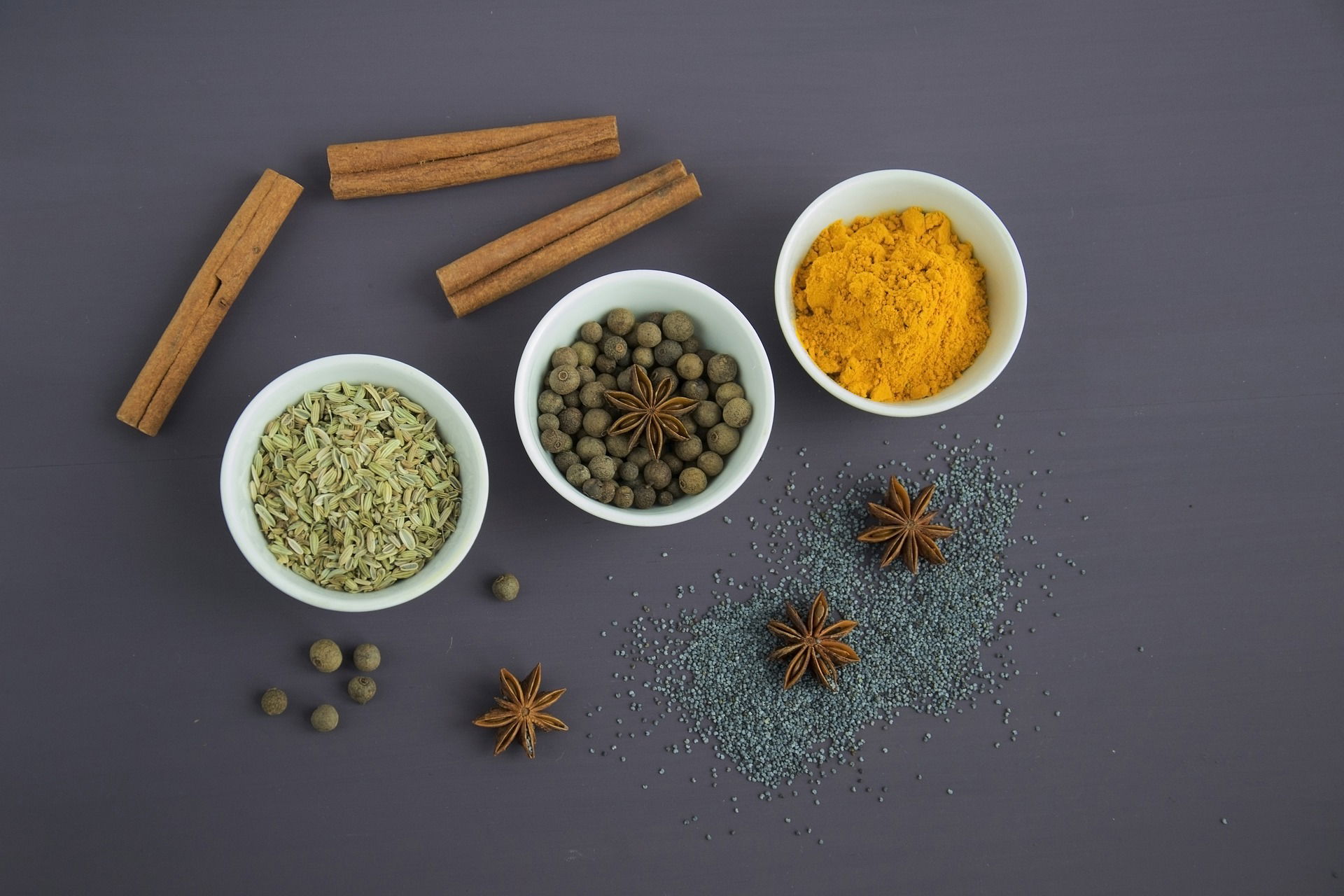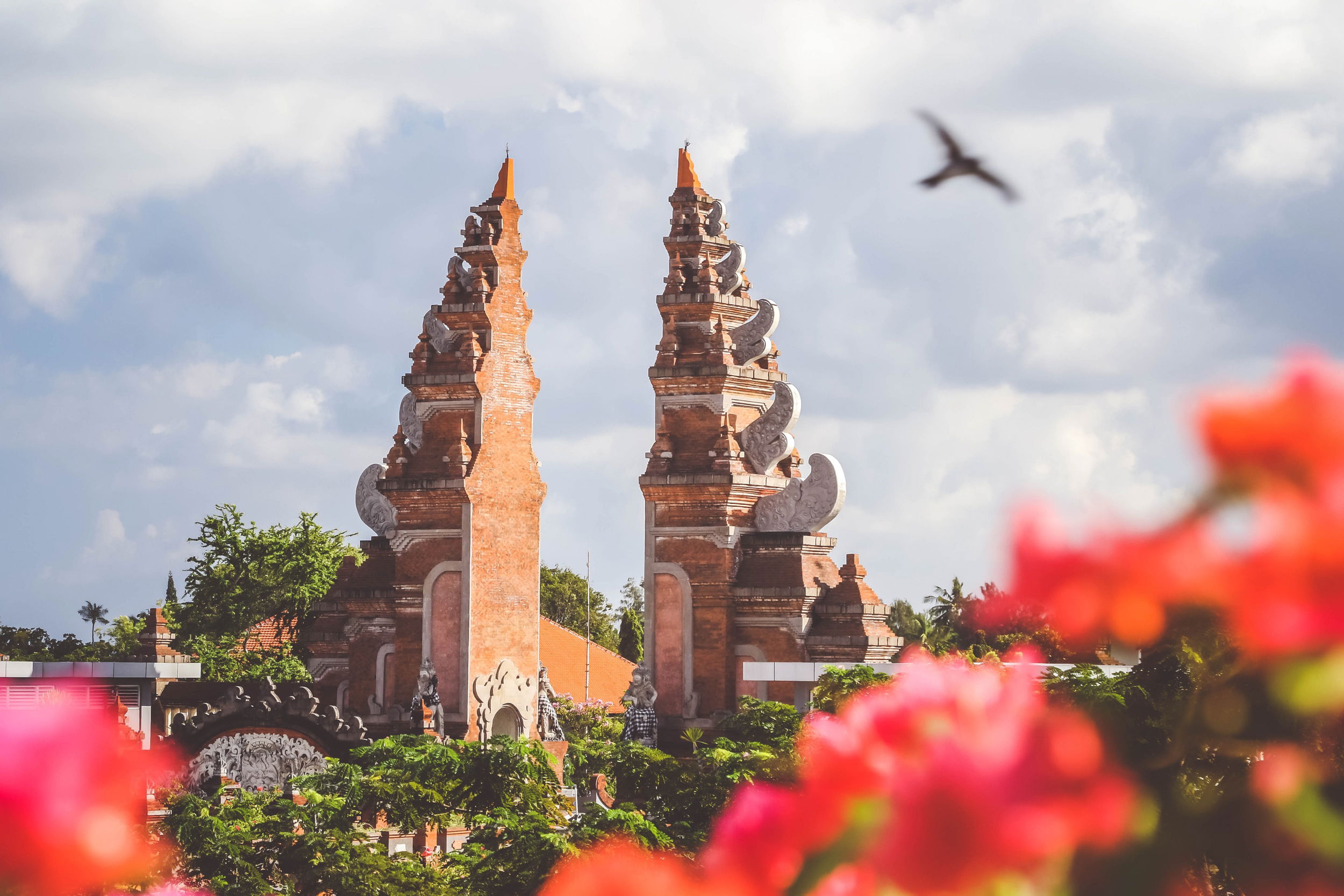Indonesia is one of the largest importers of fresh ginger in the world, and Thailand is a major supplier of this commodity

Thailand has been a major player in the global ginger industry for many years, boasting a consistently high quality of ginger that is sought after by buyers around the world. One of the countries that have shown a particular interest in Thai ginger is Indonesia, which has become a key importer of the crop in recent years. This article will explore the factors that have contributed to Thailand's success in exporting fresh ginger to Indonesia, as well as the challenges and opportunities that lie ahead for this industry.
Overview of Thailand's Fresh Ginger Industry
Thailand's fresh ginger industry has been thriving for centuries, with ginger being a staple ingredient in Thai cuisine and traditional medicine. The country is known for producing high-quality ginger that is sought after by many countries around the world, especially Indonesia. Ginger is widely cultivated in many areas of Thailand, with the southern provinces of Surat Thani and Nakhon Si Thammarat being the largest producers.
History and Cultivation of Ginger in Thailand
Ginger has been cultivated in Thailand for over 400 years, with the first ginger plants believed to have been brought to the country by Portuguese traders during the 16th century. Over time, ginger cultivation spread to many areas of Thailand, with farmers perfecting their techniques to produce top-quality ginger. Today, Thai farmers use a combination of traditional and modern farming methods to grow ginger, using organic fertilizers and natural pest control techniques.

Types of ginger grown in Thailand
Thailand is known for producing several types of ginger, including the popular galangal and the more common ginger root. Galangal is a type of ginger with a stronger, more aromatic flavor and is often used in Thai curries and soups. Ginger root, on the other hand, is used in a variety of dishes, including stir-fries and marinades. Thailand also produces baby ginger, which is a young, tender ginger root that is very flavorful and popular in many dishes.
Indonesia's Import Market for Fresh Ginger
Indonesia is one of the largest importers of fresh ginger in the world, and Thailand is a major supplier of this commodity. Indonesia's growing middle class has led to an increase in demand for fresh ginger, as consumers become more health-conscious and seek out natural ingredients.
Import volume and trends
Indonesia imported over 114,000 metric tons of fresh ginger in 2020, with a total value of around US$61 million. These figures have been steadily increasing over the past few years, making Indonesia an important market for Thai ginger exports.
Consumer preferences and demand for fresh ginger in Indonesia
Indonesian consumers prefer fresh ginger over dried or powdered ginger, as it is seen as having better flavor and health benefits. Fresh ginger is used in a variety of Indonesian dishes and is also used in traditional medicine. The demand for fresh ginger is expected to continue to increase in Indonesia, making it an attractive market for Thai ginger exporters.

Factors Driving Thailand's Ginger Exports to Indonesia
Thailand's fresh ginger exports to Indonesia have been growing steadily over the past few years, due to several factors.
Competitive pricing of Thai ginger
Thai ginger is competitively priced compared to other suppliers, making it an attractive choice for Indonesian buyers. Thailand's large-scale production and expertise in ginger cultivation allow for economies of scale, which lead to lower prices.
Proximity to Indonesia and favorable transportation links
Thailand's close proximity to Indonesia and favorable transportation links make it easy to transport fresh ginger quickly and efficiently. This reduces transportation costs and ensures that the ginger arrives in Indonesia in the freshest condition possible.
Quality and consistency of Thai ginger
Thai ginger is known for its high quality and consistency. Thai farmers use traditional and modern farming methods to produce ginger with consistent characteristics, such as size, color, and flavor. This ensures that Indonesian buyers can rely on a constant supply of high-quality ginger for their businesses.

Trade Agreements and Regulations Affecting Ginger Exports
Several trade agreements and regulations affect ginger exports from Thailand to Indonesia.
Bilateral and regional trade agreements between Thailand and Indonesia
Thailand and Indonesia have a number of bilateral and regional trade agreements that facilitate the trade of goods between the two countries. These agreements help to reduce tariffs and other trade barriers, making it easier for Thai ginger exporters to access the Indonesian market.
Regulations and certifications required for ginger exports
To export ginger to Indonesia, Thai exporters must comply with a number of regulations and certifications, including the Good Agricultural Practices (GAP) certification and the Hazard Analysis and Critical Control Points (HACCP) certification. These certifications ensure that the ginger is safe for consumption and meets Indonesian import regulations.
Challenges Facing Thailand's Ginger Export Industry
Competition from other ginger exporting countries
Thailand faces stiff competition from other major ginger exporting countries such as China and India. These countries have an advantage in terms of lower production costs and larger scale production, which poses a significant challenge for Thailand's ginger export industry.
Climate and environmental factors affecting ginger production in Thailand
Thailand's ginger production is highly affected by climate and environmental factors such as floods, droughts, and pests. These factors can lead to decreased yields, poor quality of produce, and ultimately, reduced profitability for farmers and exporters.

Opportunities for Growth and Expansion
Diversification of products and value-added opportunities
Thailand's ginger export industry can expand its product offerings and diversify by exploring value-added opportunities such as ginger oil, ginger powder, and other processed ginger products. This can help increase revenue and profitability for exporters.
Exploring new markets and expanding market share in Indonesia
Indonesia is a key market for Thailand's ginger exports, and there is an opportunity to expand market share by focusing on product quality and differentiation. By building strong relationships with Indonesian buyers, Thailand can establish itself as a key supplier of high-quality fresh ginger.
Future Outlook for Thailand's Fresh Ginger Exports to Indonesia
Trends and forecasts for Thailand's ginger export industry
Thailand's ginger export industry is expected to continue growing, driven by increasing demand for ginger in international markets. The industry is also expected to benefit from government support and investment in research and development.
Innovations and strategies for sustaining growth and competitiveness
Innovation and technology can play a crucial role in sustaining growth and competitiveness for Thailand's ginger export industry. Advances in farming techniques, logistics, and processing can improve the quality and yield of ginger, while reducing costs and increasing efficiency. Additionally, implementing sustainable and eco-friendly practices can help Thailand's ginger exports stand out in the competitive global market. As Indonesia's demand for fresh ginger continues to increase, Thailand is poised to maintain its position as a leading supplier in this market. With a focus on maintaining quality, exploring new markets, and adapting to changing regulations and industry trends, Thailand's ginger industry is well positioned for continued success.

FAQs
What makes Thai ginger stand out from ginger produced in other countries?
Thai ginger is known for its high quality, which is due in part to the country's ideal climate and fertile soil that are well suited for ginger production. Additionally, Thai farmers use advanced techniques and processes to ensure that the ginger is grown, harvested, and packaged to meet the highest standards of quality.
What regulations must be followed in order to export ginger from Thailand to Indonesia?
In order to export ginger from Thailand to Indonesia, producers must comply with a number of regulations related to food safety, quality, and packaging. For example, ginger must be properly inspected, cleaned, and dried before it can be exported, and must be packaged in accordance with Indonesian import regulations.
What are some of the challenges facing Thailand's ginger export industry?
Despite its success in exporting fresh ginger to Indonesia and other countries, Thailand's ginger industry faces a number of challenges, including increased competition from other ginger-producing countries, fluctuations in global trade policies, and environmental factors such as climate change and natural disasters.
What are some potential growth opportunities for Thailand's ginger industry?
As demand for fresh ginger continues to grow in Indonesia and other countries, Thailand's ginger industry has the potential to expand its market share by exploring new markets, developing value-added products, and investing in technologies that can improve efficiency and productivity. Additionally, by collaborating with other industry stakeholders and prioritizing sustainability, Thailand's ginger industry can build a strong foundation for long-term growth and success.
